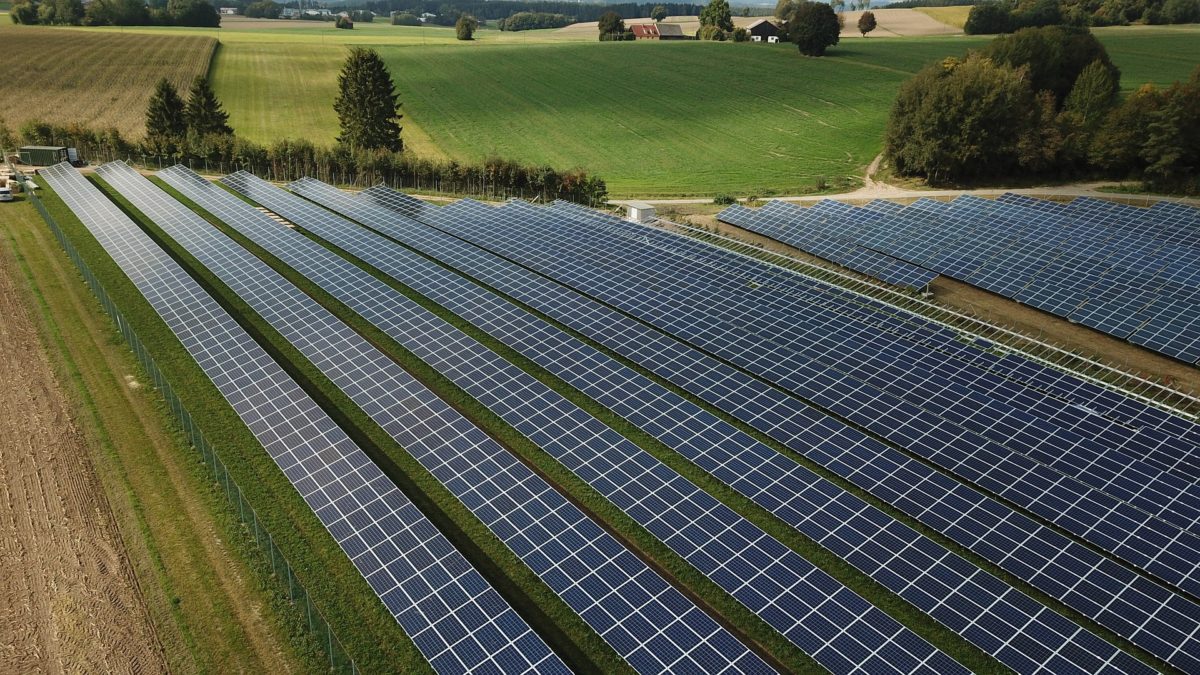From pv magazine Germany.
The RWE Supply & Trading division of German electric company RWE will supply Bosch’s sites in the nation with solar power under a 16-year power purchase agreement (PPA). The electricity will be generated by 50 MW of solar capacity in southern Germany which is set to go online next year.
“With this contract, we are contributing to the implementation of Bosch’s ambitious climate protection program,” said Andree Stracke, chief commercial officer for origination and gas supply at RWE Supply & Trading. Bosch claims its German sites have been climate neutral since late last year and it aims to achieve the same feat for its global operations this year.
The engineer has also signed solar PPAs with Norwegian renewables business Statkraft and Swedish power company Vattenfall with the three deals amounting to the supply of 100 GWh per year of solar power to the engineer. The volume of capacity secured would, under optimal solar generation conditions, generate enough clean energy to power Bosch’s Feuerbach, Homburg and Bamberg plants simultaneously, for at least an hour, the company said.
Renewables supply
The 12 to 16-year PPAs signed by Bosch will replace part of the green electricity currently purchased by the company from renewables plants. The Statkraft arrangement has already begun, with power being supplied since May.
Almost 50 solar plants at Bosch sites already supply around 60 GWh of clean power to the company, which boasts the largest such system in the Indian automotive industry, at Nashik. The company is planning to generate 1.3 GWh per year from a PV system which is set to be installed at its Hemaraj plant in Thailand this year and plans to hit 400 GWh per year of annual on-site solar power generation by 2030.
The engineer and tech brand is also sourcing clean energy from third parties, as the latest three PPAs illustrate, and already takes 80% of its electricity needs in Mexico from renewables, thanks chiefly to a 15-year PPA with Italian energy company Enel related to a wind farm which produces 105 GWh per year.
Bosch also operates hydropower and biomass facilities and plans to incorporate hydrogen for heat and power. Last year, the company started using a prototype stationary fuel cell it had developed at its Homburg and Bamberg sites and the device now covers peak electricity demand. In Salzgitter, Germany, Bosch is working with the Fraunhofer Institute and other companies to set up an ‘hydrogen campus’ which is being promoted by the city and the state of Lower Saxony.
This content is protected by copyright and may not be reused. If you want to cooperate with us and would like to reuse some of our content, please contact: editors@pv-magazine.com.



7 comments
By submitting this form you agree to pv magazine using your data for the purposes of publishing your comment.
Your personal data will only be disclosed or otherwise transmitted to third parties for the purposes of spam filtering or if this is necessary for technical maintenance of the website. Any other transfer to third parties will not take place unless this is justified on the basis of applicable data protection regulations or if pv magazine is legally obliged to do so.
You may revoke this consent at any time with effect for the future, in which case your personal data will be deleted immediately. Otherwise, your data will be deleted if pv magazine has processed your request or the purpose of data storage is fulfilled.
Further information on data privacy can be found in our Data Protection Policy.